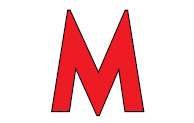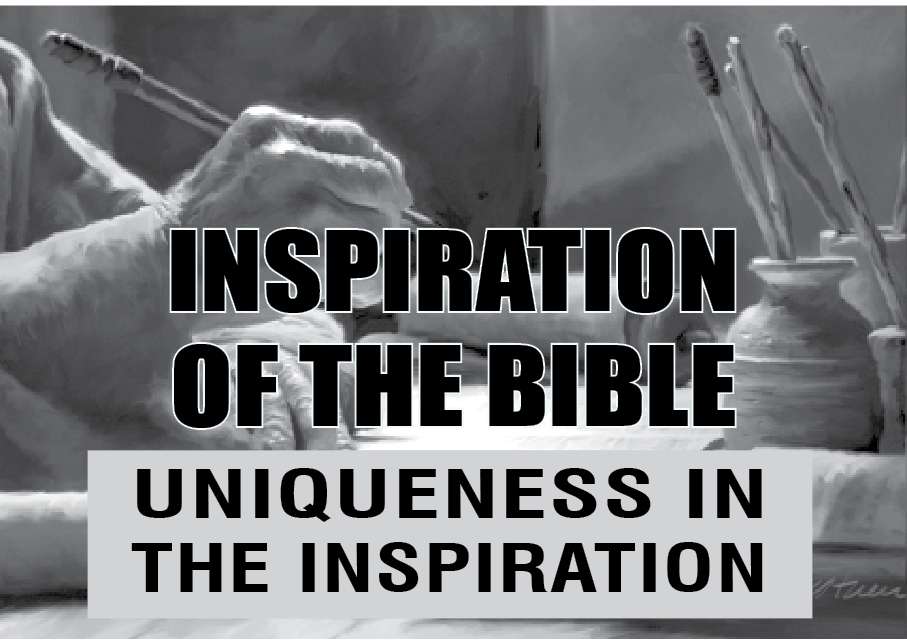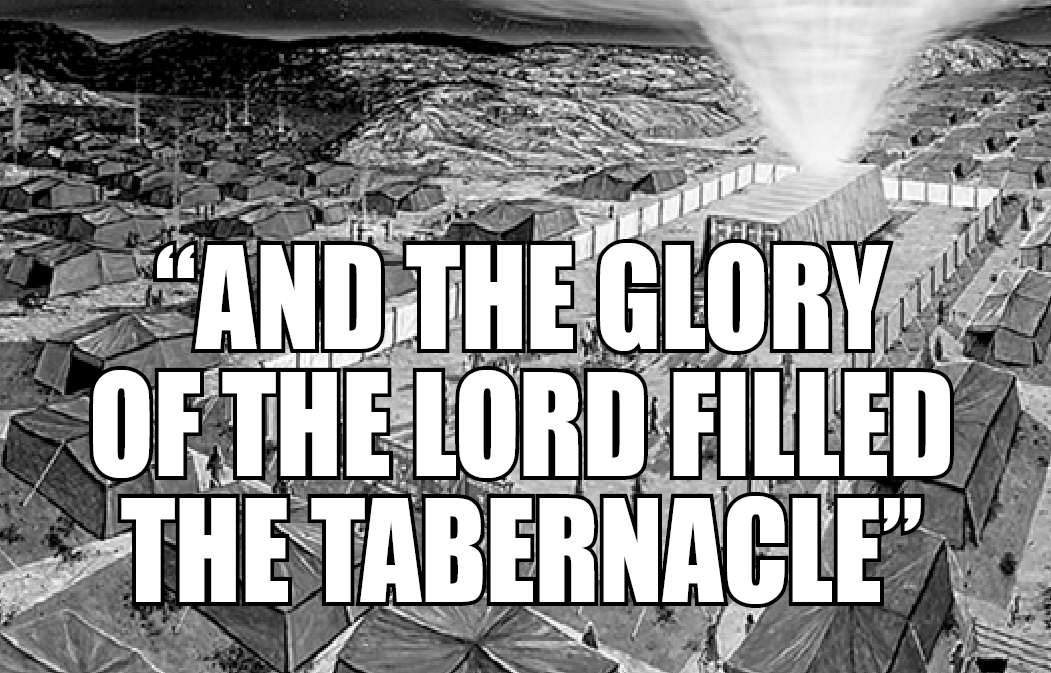

Messiah
Pr. Philip P. Sam
The woman said, “I know the Messiah is coming - the one who is called Christ. When he comes, he will explain everything to us.” Then Jesus told her, “I AM the Messiah!” … The woman left her jar beside the well and ran back to the village, telling everyone, come and see a man who told me everything I ever did! Could he possibly be the Messiah? So the people came streaming from the village to see him. John 4:25, 26, 28.
Who was this Messiah the Samaritan woman was talking about? Why was the Messiah important for her?
The word messiah is a Hebrew word “mashiyach” meaning ‘anointed or a consecrated person’ and the Greek term for the same is ‘Christos’ translated in English as ‘Christ’. It recalls the ancient Hebrew practice of appointing or setting apart a person for an office especially a priest or a ruler. To signify anointing, a special oil known in the book of Exodus as the anointing oil was put on the head of the person or applied on the object. For instance in the book of Exodus we see God commanding Moses to anoint Aaron and his sons as the priests of Israel (Exodus28:41). We also see Samuel anointing Saul and David to be kings of Israel. In Exodus 30:26 and 40:9 we see that God commanded Moses to anoint the tabernacle, the altar and the vessels to sanctify it. So we see that anointing was to set apart or consecrate a person or a thing for a high office or for a holy purpose. Messiah was an anointed person, anointed for a special task or a holy purpose. The question arises as to how did this word became so important towards the beginning of New Testament that the Jewish people attached their hopes in the Messiah as a person who would deliver them.
God gave the promise to Abraham that his descendants would be a blessing to all the nations of the world. With this promise and God’s intervention in the life of Hebrews, as they were slaves in Egypt, Israel was formed as a ‘kingdom of priests’ for God. The subsequent years of history saw the formation of the kingdom of Israel under the rule of Saul and David. With the brilliant rule of David the expectancy of a David like ruler and a kingdom like Davidic Kingdom took shape as the basic pattern for a future messiah and his kingdom. This was prophesied by many notable prophets like Isaiah, Jeremiah and Ezekiel (Isa 9:2-7; Jer 23:5-8; Ezek 34:20-31). The prophets also emphasized that the future kingdom would not only consist of the nation Israel but would also include the nations of the world (Is 56:1-8; Micah 4:1-4). For them Messiah was someone who would bring the ideal rule of Yahweh himself (Isaiah 9:2-7).
However in the later times the idea of Messiah became more and more connected with the nationalistic Israel. The idea of the messiah became increasingly political. After the Exile of the people of Israel to Babylon and their subsequent return followed by the rule of Greeks and the Romans, the hope of a Messiah who would deliver them from the foreign oppressors became fervent. The Samaritans also had this fervent hope of a Messiah as they also shared a common heritage although they had no part in the Jewish kingdom. Thus the expectation of the Messiah during the times of Jesus was that of a deliverer through whom, God would achieve deliverance for the people of Israel. It was in this backdrop that Jesus came with his divine mission. Did Jesus fulfill the hope of the Jewish people? What kind of a messiah was Jesus?
Jesus’ Mission as Messiah
Jesus – the messiah came with the message of the kingdom of God. Jesus came to establish a kingdom of righteousness and peace, it was a kingdom that would come in the hearts of those who would repent and be humble.
“The Spirit of the Lord is upon me, for he has anointed me to bring Good News to the poor. He has sent me to proclaim that captives will be released, that the blind will see, that the oppressed will be set free, and that the time of the Lord’s favor has come.” Luke 4:16-19
When Jesus spoke these words from the scroll of Isaiah at the synagogue of Nazareth, Jesus was giving the message that he was the Messiah whom the Jewish people were eagerly expecting. The religious leaders of Jesus’ day however did not recognize Jesus as their Messiah. The predominant reason for their stubbornness in not accepting Jesus as their messiah was that Jesus opposed their authority and exposed their religious hypocrisy. Moreover Jesus did not seem to be fulfilling their criteria’s for being their messiah, as their idea of a messiah was a political one. Jesus’ mission as the messiah was to bring a spiritual deliverance for the people and to make them sons and daughters of God. When Peter confessed that Jesus is the Messiah, no doubt it was a supernatural revelation whereby he could think against the dominant thought of his day, that Jesus is indeed the messiah.
A reading of the gospels would give us a glimpse of the mission and the work of Jesus among the Jewish people of his day. Jesus mission was so different from the political expectation of the people that even John the Baptist doubted whether he was the expected Messiah. In Luke’s gospel chapter 7 verses 18-23 we see this interesting episode. Jesus clarifies the doubt of John with this answer, “the blind see, the lame walk, the lepers are cured, the deaf hear, the dead are raised to life, and the Good News is being preached to the poor.”That was the unique and life changing mission of Jesus as the Messiah of God.
Jesus was anointed to bring good news to the poor and set the captives free. He was anointed to announce the time of the Lord’s favor. Jesus brought this deliverance not by political means as was expected by the Jewish people but by laying down his own life on the cross. The mission of Jesus as the Messiah was fulfilled on the cross of Calvary as was prophesied in Isaiah 53. After the resurrection of Jesus he explained to his disciples who were on the road to Emmaus, that his death and entering his glory was all predicted by the prophets (Luke 24:25).
Jesus was anointed as a priest and as a king
Jesus anointed as High Priest offered himself to God as a single sacrifice for sins, good for all time (Hebrews 10:12). Jesus was anointed to die for us. He was the Passover Lamb of God who would take away the sin of the world. John the Baptist pointed to him and said, “Behold the lamb of God who would take away the sin of the world” (John 1:29). The writer of Hebrews says that Jesus went to the Tabernacle of heaven not with the blood of goats and calves but with his own blood and secured our redemption.
Jesus as the king has set up his kingdom and his rule in the hearts of his chosen, a kingdom which will be fully realized when the new earth and the new heaven will appear. His kingdom will never end. He will bring to pass his kingdom of peace and righteousness. People from all tribe and tongue would be part of this eternal kingdom of Jesus the Messiah. (1 Peter Revelations 17:14; 19:16) As the king of kings, Jesus is anointed to judge all the people of the world (2 Corinthians 5:10). He is the righteous judge.
Significance of understanding Jesus as the Messiah
What is the significance for us today in knowing that Jesus is our Messiah? Let us learn a few lessons from the gospel stories of some personalities who encountered Jesus as their Messiah.
1. When Jesus revealed to the Samaritan woman that he is the Messiah, the knowledge and revelation of the messiah brought a unique transformation in the life of the Samaritan woman. Her past was something she always hid from others, but now the revelation of the Messiah brought a great relief to her. She was assured of a great change in her life. Her past was now part of her testimony of what a great change the Messiah had brought in her life. She was assured of a new era of peace and righteousness with the coming of the Messiah.
We all know that Jesus is the Christ, but has this knowledge brought any significant change in your life?Let not your past rule over you, because Jesus the Messiah is God’s intervention in your lives to bring you deliverance and healing.
Are you assured of the kingdom of peace and righteousness that Jesus would bring in the future? It is this assurance and the hope of the future kingdom of the Messiah that will help you endure the challenges and conflicts of the present times.
Furthermore see the fervency with which she brought her whole village to the new found the Messiah, she even left her immediate life-line at the well (the jar). Are you eager to bring your fellow-beings to the Messiah?
2. When Peter confessed that Jesus is the messiah (Matthew 16:16), he was confessing that Jesus was the long awaited and promised one, their ultimate deliverer. Who is Jesus to you? Is he a person, who sets things right for you and gives you a good life, good health… or is he your only hope and your only deliverer from sin and death. To put forward a more personalized question, ‘Is Jesus your messiah?,’ the anointed one for your life or is he just another God with a different name or another religious figure?
3. In the gospel of John, chapter 9, we see that after the blind man received his sight, Jesus met him and revealed himself to the blind man. Jesus asked him, “Do you believe in the Son of Man?” The man answered, “Who is he, sir? I want to believe in him”. “You have seen him”, Jesus said, “and he is speaking to you!” “Yes, Lord, I believe!” the man said. And he worshiped Jesus. Like the man born blind we must also have an attitude of worship towards our Lord Jesus, our Messiah. He is worthy of our worship and devotion.
This Christmas season let us take some time and ponder upon the title “Messiah” that Jesus’ name is associated with.






